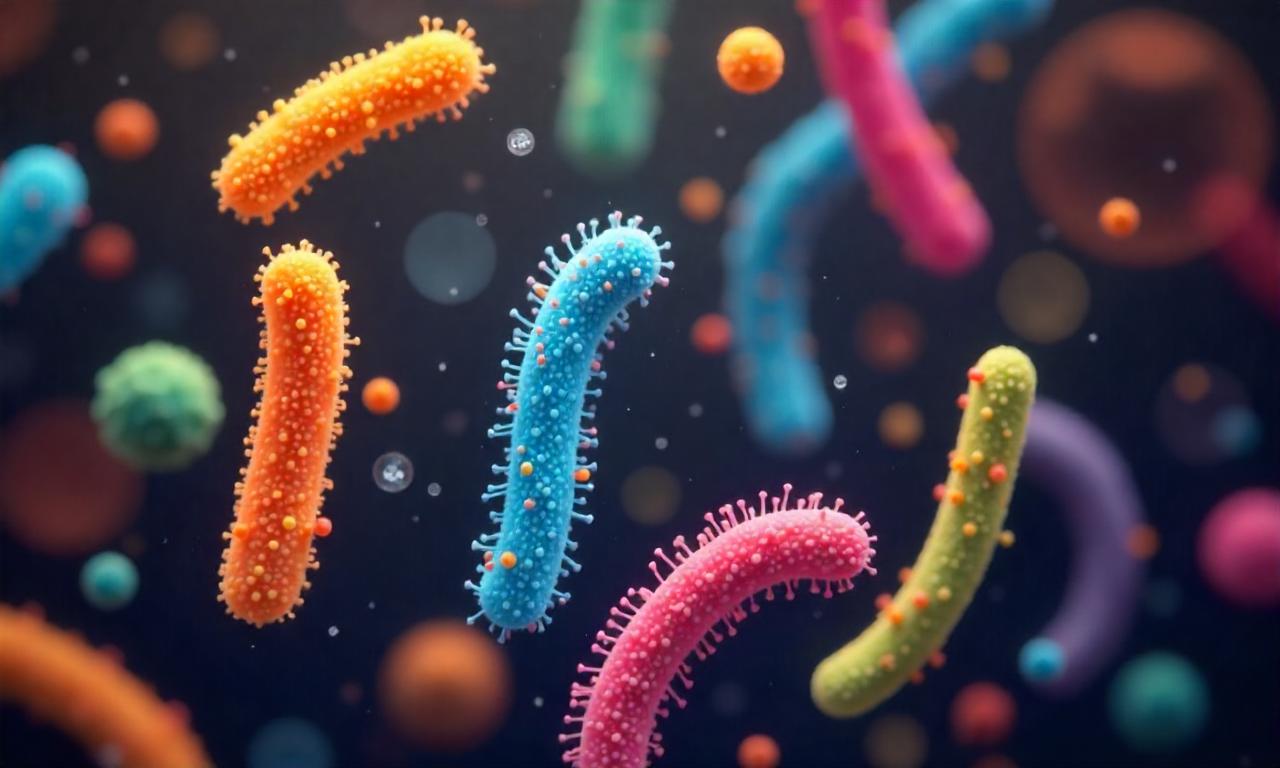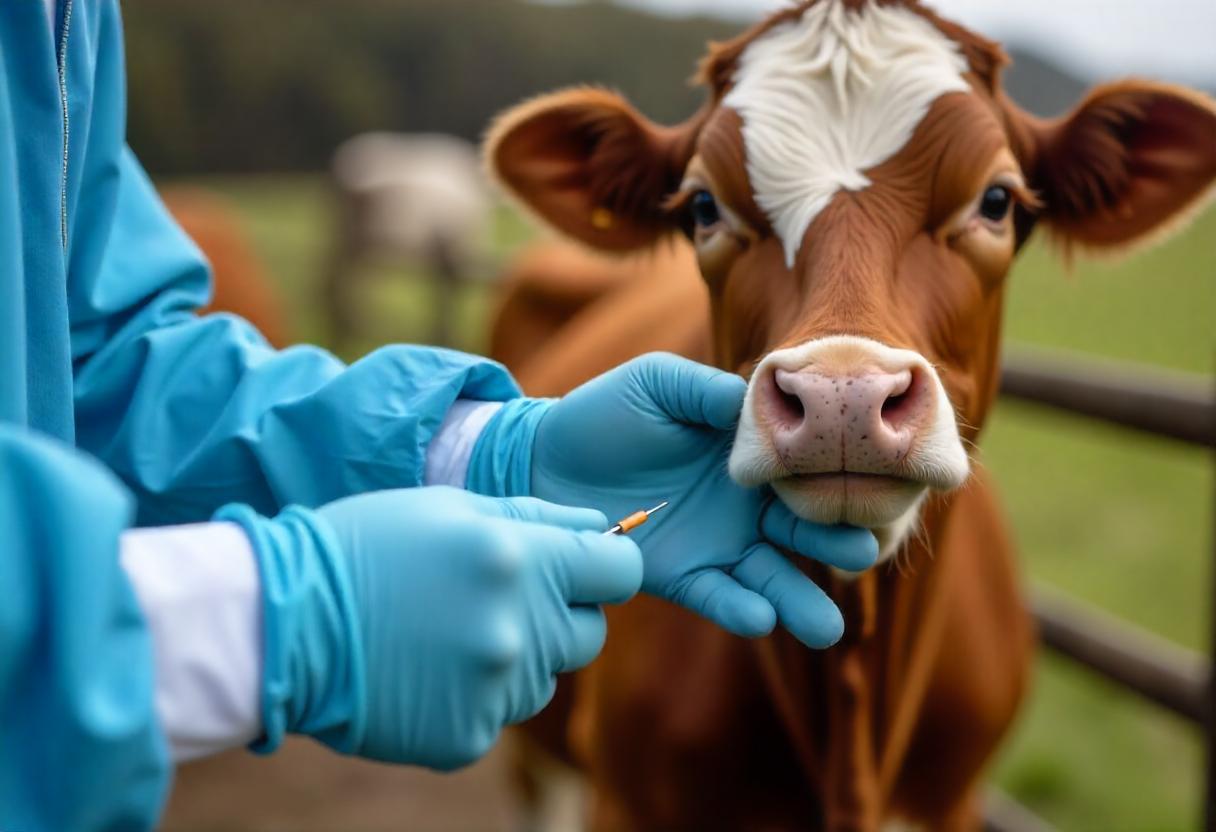The Australian Centre for Genomic Epidemiological Microbiology (AusGEM)
Developing and using new technologies to fight major pests and infectious diseases Contact usThe Australian Centre for Genomic Epidemiological Microbiology (AusGEM) is a strategic research alliance dedicated to developing new technologies to better predict, diagnose and prevent disease transmission.
We draw on the skills, technology, and knowledge of scientific communities across Australia and the globe to address some of the most critical public health and biosecurity challenges affecting our societies.
Our mission is to help safeguard Australia’s public health and primary industries, supporting food security and safety, environmental sustainability, and the wellbeing of our people and economy into the future.
Our programmes

Antimicrobial Resistance (AMR)
Using genome sequencing of bacterial pathogens to develop strategies against rapid-spread drug-resistant genes and the emergence of new resistant organism.

Vaccines
Developing vaccines to protect plants and animals against bacterial and viral diseases and reduce global reliance on preventative antibiotics.

Diagnostics
Developing innovative and sensitive molecular diagnostics for the early detection, tracking, and management of endemic and/or pandemic diseases and biosecurity-related exotic diseases.
